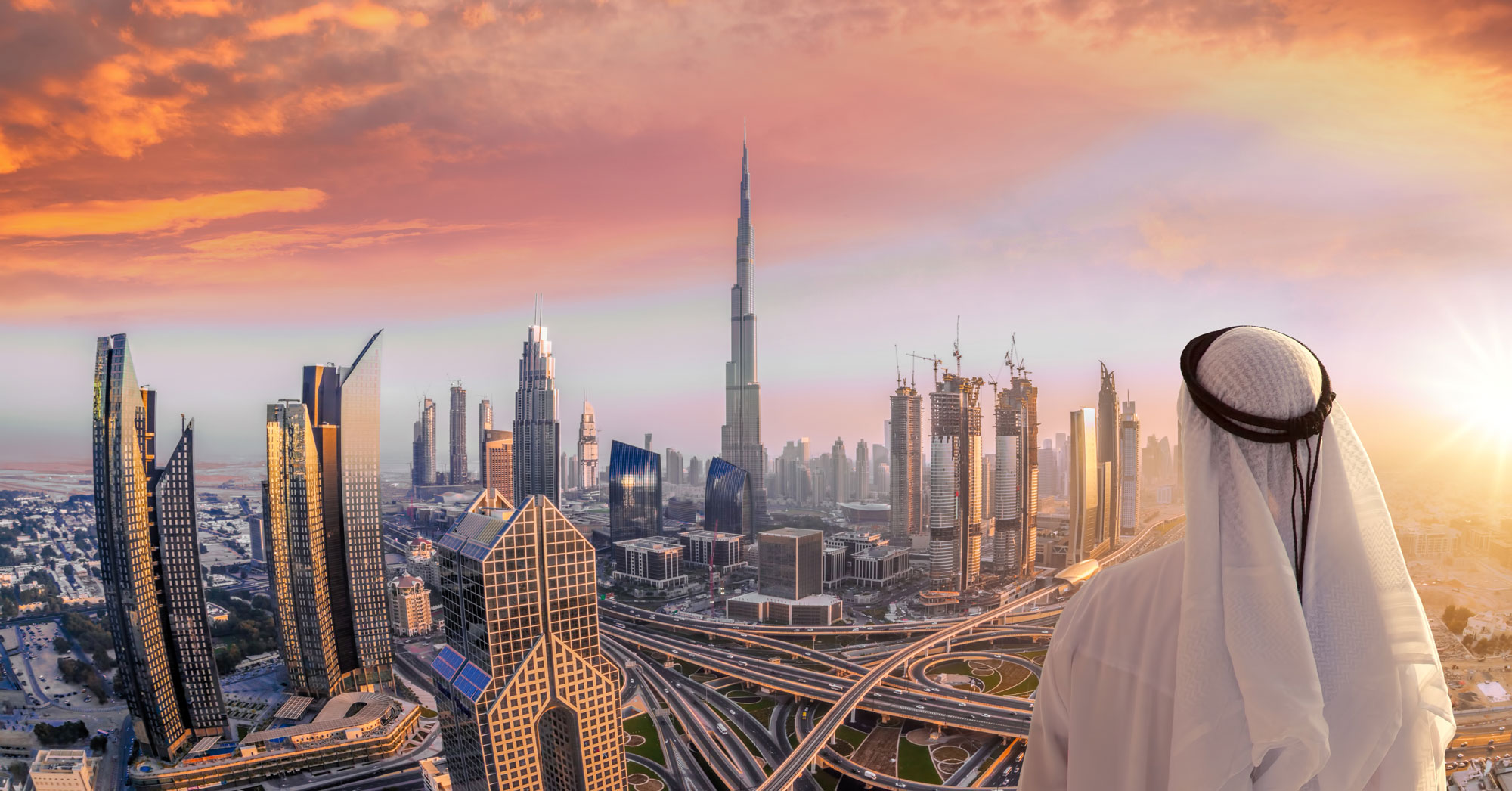UAE plans large-scale solar projects to meet energy needs by 2030
Hyphen Web Desk

The Emirates Water and Electricity Company (EWEC) has taken a leading role in these efforts, recently initiating the bidding process for the 1.5 GW Al Khazna solar power project. This development, once completed, is expected to provide electricity to around 160,000 homes, marking a significant step in the country’s journey towards cleaner energy. The UAE plans to add at least 1 GW of solar power annually for the next decade, with at least two more major projects scheduled to be launched soon.
In addition to large solar plants, the UAE's solar energy strategy includes the promotion of distributed generation, allowing more decentralized solar power systems for homes and businesses. This shift is backed by a federal law, passed in late 2022, which streamlines the process for connecting smaller solar installations to the national grid. These moves reflect the UAE's commitment to diversifying its energy sources and reducing reliance on fossil fuels, particularly as global oil demand faces pressure.
The growth of the UAE's solar sector aligns with broader regional trends. Neighboring countries like Saudi Arabia and Turkey are also ramping up investments in solar power to meet rising domestic energy needs. The Middle East is becoming a key player in the global push for clean energy, with a combined solar power capacity in the region expected to reach 29-35 GW by 2027.
التسميات:
#Syndication
مشاركة:
